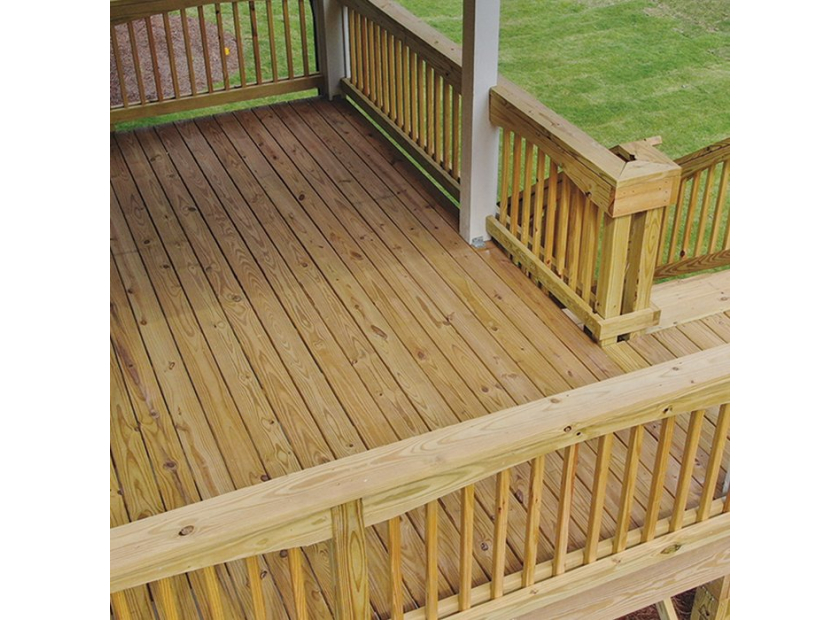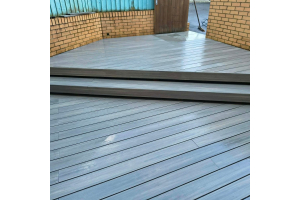Lonza Chemicals, Araxa AG and Treated-Right Warranty
Araxa is a new name, but an established business, in the timber preservation industry. Over the last 20 years the business has changed from Arch Chemicals, to Lonza Wood Protection and now Araxa AG. These specialist chemical firms help develop the wood preservatives that the timber indutry relies on. Moreover, the Treated-Right Warranties are currrently backed by Araxa AG.
Through independent studies there is a growing awareness that using timber sourced from sustainable sources is one of the most effective ways to reduce carbon emissions across the construction sector. However, with a spotlight firmly on timber, education about timber protection technologies has never been so crucial.
First and foremost the timber used in construction needs to be properly protected from the threat of decay and insect attack. Without this, timber structures would be replaced more frequently owing to decay. This means that everyone in the industry has a role to play, from the companies supplying the timber protection technology, through to specifiers correctly selecting timbers treated to the appropriate Use Class.
Currently the Wood Protection Association (WPA) and the Timber Trade Federation (TTF) are engaging in a supply chain education programme that shines a spotlight on the specification and supply of treated timber products to the correct Use Class. Lonza Wood Protection fully support this campaign as awareness of Use Classes is crucial to protecting the long-term reputation of timber. However, at the same time we are embarking on our own education programme, focusing upon the need for the timber treatment market to evolve and work with specifiers to help ensure that correctly treated timber is the ‘go to’ construction material of the future.
In the design of new products Lonza invest in assessing the whole-life carbon impact of the timber treatment being developed, looking beyond its performance characteristics to also consider how it is manufactured, transported and industrially applied and whether it can be reused or recycled at end of life.













